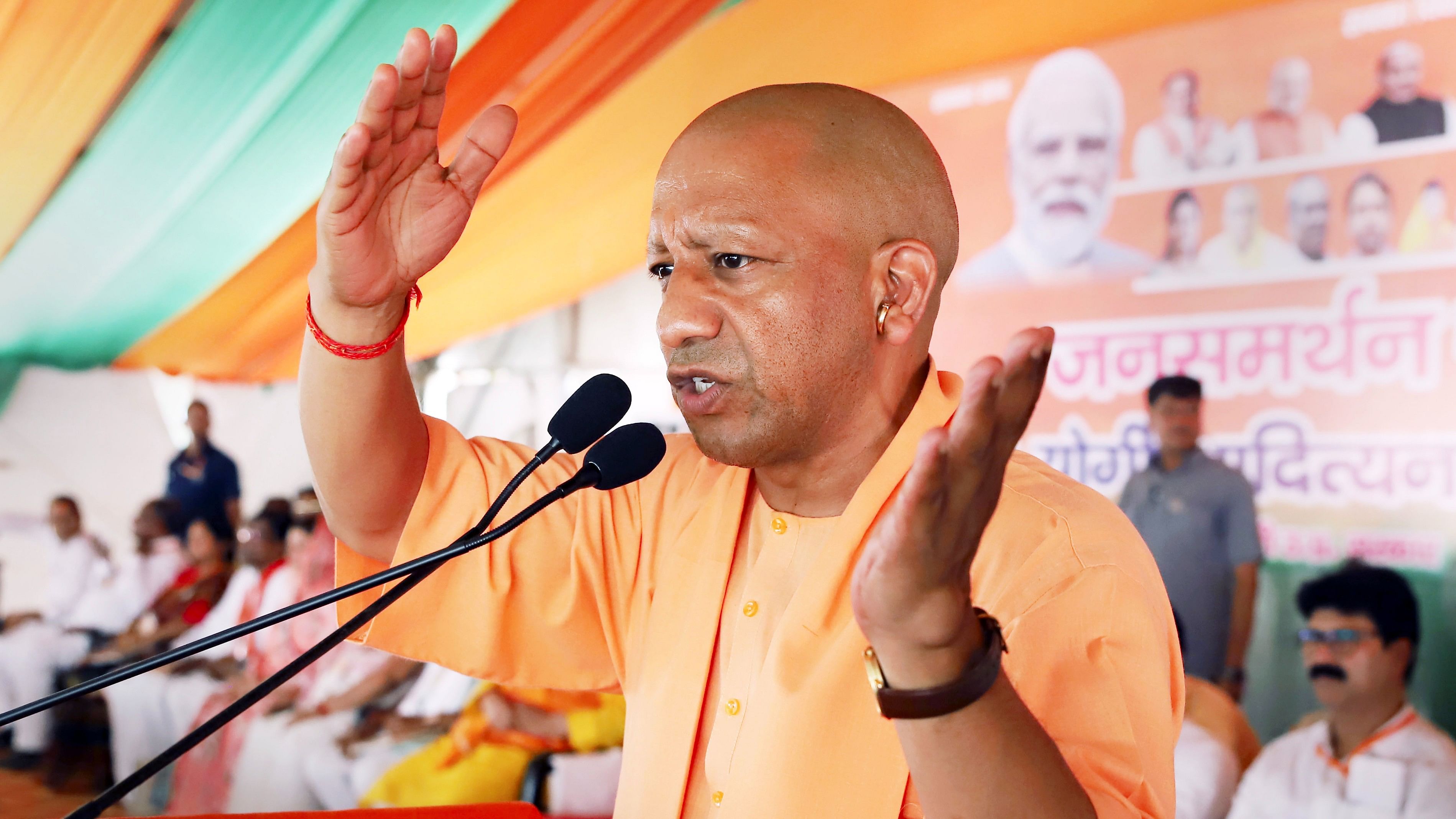
Uttar Pradesh Chief Minister Yogi Adityanath
Credit: PTI File Photo
The Yogi Adityanath government in Uttar Pradesh has added more vicious teeth to its existing law against unlawful religious conversion, and raised it to the level of India’s most draconian and undemocratic laws, such as the UAPA.
Freedom of religion is a Constitutional right which includes the right to convert to other religions. But the right is now increasingly interpreted as the right to practise one’s faith, excluding the right to propagate or change it. All conversions are sought to be taken as coerced and illegal, and those who convert others, as also those who may be considered involved in the conversion, will be treated as criminals.
All offences under the new law are cognisable and non-bailable. The punishment of one to five years in jail in the original law has been increased to three to 10 years, and even 15 years in some cases.
Punishment is almost certain if a person is booked under the law. It makes any conversion illegal if it involves misrepresentation, coercion, undue influence, allurement, and other factors.
All these words are open to misuse and misinterpretation, and can be arbitrarily deployed. The burden of proof is on the accused, who must prove, in a reversal of the accepted norm, that the conversion was not a result of pressure or coercion.
Bail is almost impossible to get, as it is under the UAPA. Any third person, and not just family of the ones converted, can file an FIR under the law. No one would want to convert when such risks exist, and the right becomes a dead one.
The law would become especially tendentious in view of its possible deployment in ‘love jihad’ cases. There have been many cases of harassment of interfaith couples on the bogey of ‘love jihad’, and this law will become another weapon to be used by the police and vigilantes.
Just as transporting a cow can lead a person to jail or even death, a voluntary conversion or an interfaith marriage may have dire consequences. The amended law is prejudicially conceived, bound to be implemented in malice, and goes counter to the canons of the rule of law.
The amendment should also be seen in the context of the reported tussle between the Bharatiya Janata Party (BJP)’s central leadership and Adityanath.
The Adityanath faction may be trying to take a more extreme communal position to upstage the central leadership. It had recently issued a controversial order for eateries on the Kanwar yatra route. Competitive Hindutva and a race for more extreme positions do not augur well for the polity and society.